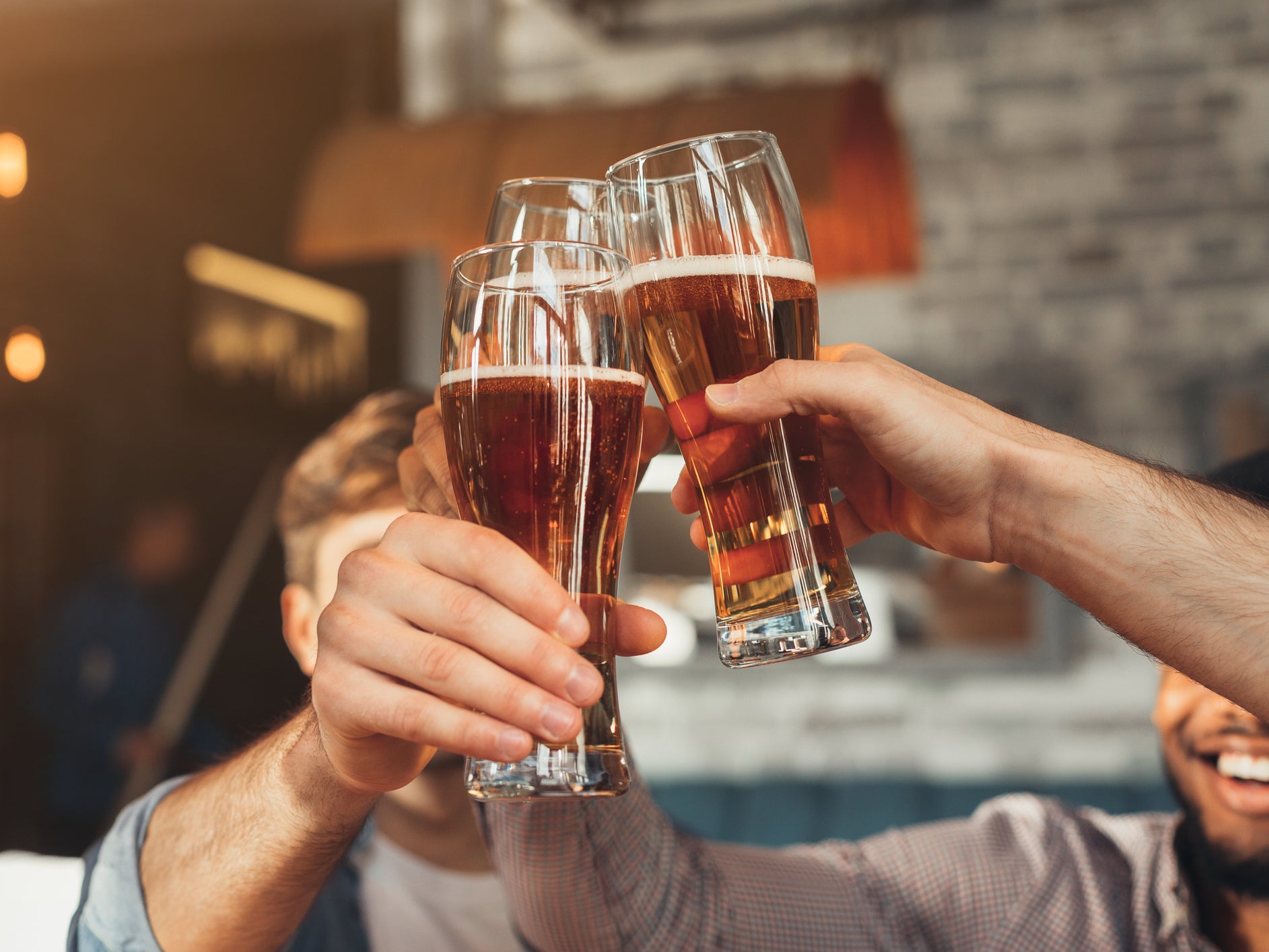Almost one in four young adults now teetotal, report reveals
Report discovers that one in three young adults have reduced alcohol consumption

Almost a quarter of young adults have decided to completely forgo alcohol, a new report has discovered.
Every year, the Society of Independent Brewers (Siba) publishes a British craft beer report, analysing growing trends from within the craft beer sector.
In the latest report, which is due to be published on Thursday 12 March, the organisation found that an increasing number of young people are opting to drink beers with a lower alcohol content, while others have chosen to go teetotal.
According to the report’s findings, 23 per cent of 18 to 24 year olds do not drink alcohol, marking an increase of six per cent over the past 12 months.
Meanwhile, the research outlined that there has been a 30 per cent in sales for no- or low-alcohol beers since 2016.
The burgeoning interest for no- or low-alcohol beverages has gained increasing prominence in the drinks market as of late.
Last July, Sainsbury’s announced it would be opening the UK’s first no- and low-alcohol pub in central London in the summer of 2020, following an “exciting spike in the no- and low-alcohol category”.
A recent study conducted by the University of Sheffield concluded that abstinence rates among 16 to 24 year olds rose from 10 per cent to nearly 25 per cent between 2001 and 2016.
Neil Walker, spokesperson for Siba, stated that the popularity of drinking no- or low-alcohol beers is showing “no signs of wavering”.
“Low or no-alcohol beers have never been better and some of the best examples are made by small independent breweries,” Mr Walker said.
“It’s a trend that shows no signs of wavering and means that people who choose not to drink, are driving or just want to cut down, now have plenty of tasty options.”
James Grundy, co-founder of The Small Beer Brew Co, added that experiencing hangovers has become less “desirable”.
“We know people enjoy walking through their front doors and transitioning from work to home with the opening of a beer,” Mr Grundy stated.
“But now people want that without the cloudy-headed morning after, as that slowdown is no longer a desirable part of people’s lifestyles.”
In December, it was reported that a third of millennials in the UK were planning on hosting a teetotal Christmas.
Join our commenting forum
Join thought-provoking conversations, follow other Independent readers and see their replies
Comments